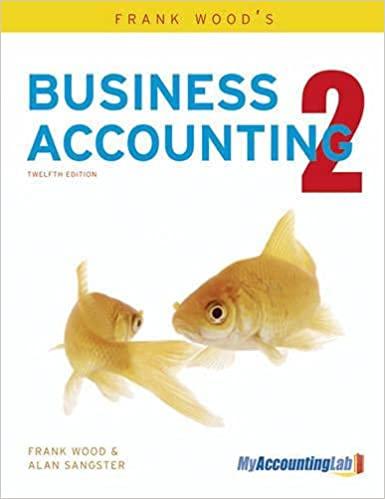


QUESTION 11 Not complete Marked out of 3.00 P Flag question Ratios from Comparative and Common-Size Data Consider the following financial statements for Vega Company. During the year, management obtained additional bond financing to enlarge its production facilities. The plant addition produced a new high- margin product, which is supposed to improve the average rate of gross profit and return on sales As a potential investor, you decide to analyze the financial statements: VEGA COMPANY Balance Sheets Thousands of Dollars) Dec. 31, 2016 Dec. 31, 2015 Assets Cash Accounts recelvable (net) Inventory Prepaid expenses Plant and other assets (net) $22,000 39,000 105,000 1,500 463,500 $631,000 $16,100 21,400 72,000 4,000 427,500 $541,000 Total Assets Liabilities and Stockholders' Equity Current labilities 9% Bonds payable 8% Preferred stock, $.50 Par Value Common stock, $10 Par Value Retalned earnings Total Liablitles and Stockholders' Equity $77,000 187,500 60,000 225,000 81,500 $631,000 $46,000 150,000 60,000 225,000 60,000 $541,000 VEGA COMPANY Income Statements (Thousands of Dollars) 2016 2015 Sales revenue $850,000 $697,500 552,000 465,000 298,000 232,500 231,000 174,000 Income before Interest expense and income taxes 67,000 58,500 17,000 13,500 50,000 45,000 14,100 2,500 $35,900 $32,500 Cost of goods sold Gross profit on sales Selling and administrative expenses Interest expense Income before income taxes Income tax expense Net income Other financial data (thousands of dollars) Cash provided by operating activities $30,000 $25,000 Preferred stock dividends 5,000 4,800 Required a. Calculate the following for each year: current ratio, quick ratio, operating-cash-flow-to-current- liabilities ratio (current liabilities were $40,000,000 at January 1, 2015), inventory turnover (inventory was $68,000,000 at January 1, 2015), debt-to-equity ratio, times-interest-earned ratio, return on assets (total assets were $490,000,000 at January 1, 2015), and return on common stockholders' equity (common stockholders equity was $265,000,000 at January 1, 2015). b. Calculate common-size percentage for each year's income statement. a. Round answers to two decimal places. 2016 2015 Current ratio: Quick ratio: Inventory turnover: Debt-to-equity ratio: Times-interest-earned ratio: Return on assets: Return on common stockholders' equity b. Round answers to one decimal place. Common-Size Percentages 2016 2015 Sales revenue Cost of goods sold 0% 0% Gross profit on sales Selling and administrative expenses Income before interest expense a nd income taxes Interest expense Income before income taxes Income tax expense Net income 0% 0%









